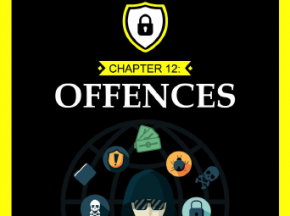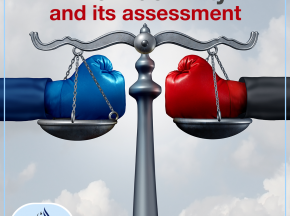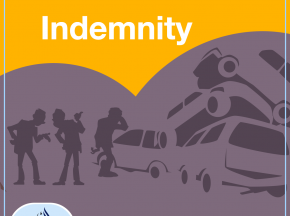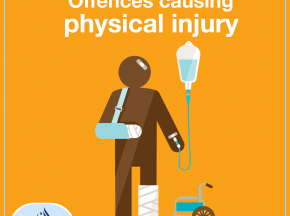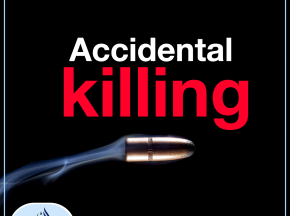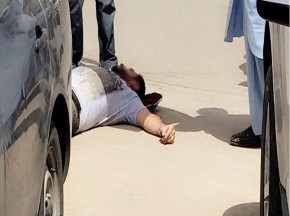content of level
Offences
Jinayah means offence and it refers to a crime committed against a person, or property or honor.
Offences causing physical injury
A qisas punishment is enforced in case of offences causing physical injury based on the Qur’an, the Sunnah and unanimity of scholars. Such Offences are of three categories.
Accidental killing
Accidental killing does not incur a punishment in the hereafter, while the ruling in this life is that indemnity is payable by the offender and his relatives in of 3 years.
Deliberate killing, or murder
Deliberate killing is a major sin, if the killer is a sane adult fulfilling 3 murder conditions he should be subjected to retribution of death as Qisas unless the victim's family forgives or accepts indemnity.
An offence against life
Committing a murder or killing someone without a lawful cause is strictly forbidden in Islam as stated in Quran. Killing is categorized into three types; deliberate, semi-deliberate and accidental.
The indemnity and its assessment
The basis of assessment is the indemnity for killing a free Muslim, which is 100 camels. It is increased in the case of murder and manslaughter by requiring 40 of these camels to be pregnant females.
Indemnity
The Arabic term diyah, i.e. indemnity, is defined as the money given to the victim or to his immediate family because of the offence.
Offences causing physical injury
These include every type of harm that affects a human being but does not lead to death, including wounds and loss of limbs or other organs.In these cases al-Qisaas is enforced. Allah says: ‘A life for a life, an eye for an eye, a nose for a nose, an ear for an ear, a tooth for a tooth, and a similar retribution for wounds’ (5: 43).
Accidental killing
The offender has no intention to kill the victim, but his action results in another’s death.Ruling: The ruling relating to the hereafter is that accidental killing does not incur a sin or a punishment, while the ruling relating to this life is that indemnity is payable by the offender and his relatives over a period of three years.
Semi-deliberate killing, or manslaughter
This occurs when the offender attacks his victim with something which does not normally cause death, but then the victim dies.
An offence against life
This is the crime of killing. Allah says: ‘Do not take any human being’s life – which Allah has made sacred – except in the course of justice’ (6: 151).
offences
Jinayah means offence and it refers to a crime committed against a person, or property or honor.
Learn Fiqh with Al-Hakeem | Indemnity
In this Lecture, Sh. Assim Al-Hakeem discusses and explains Rules of Indemnity in Islam.
Learn Fiqh with Al-Hakeem | Offences
In this Lecture, Sh. Assim Al-Hakeem discusses and explains the Rules of Offences in islam.
Accidental killing
Accidental killing does not incur a punishment in the hereafter, while the ruling in this life is that indemnity is payable by the offender and his relatives in of 3 years.
Semi-deliberate killing, or manslaughter
The rule on semi-deliberate killing or manslaughter falls in between deliberate and accidental killing. The offender is to pay indemnity from his wealth to the victim's family.
The indemnity and its assessment
The important point when imposing a punishment is to be a deterrent, courts assess the indemnity payable according to the extent of the damage caused and suffering of the victim.
Who is to pay
If an offence is deliberate and led to death, the indemnity should be given by the offender. If the offence is accidental, it is payable collectively by the offender’s relatives.
Indemnity
Diyah or indemnity is the money given to the victim or to his immediate family due to an offence. Its payment is a duty based on the Quran, Sunnah and unanimity of scholars.
Loss of function of a bodily organ
Qisas cannot be applied in case of losing a bodily organ, instead the victim has to be paid indemnity. If the loss cannot be assessed, the punishment is determined by a judge.

